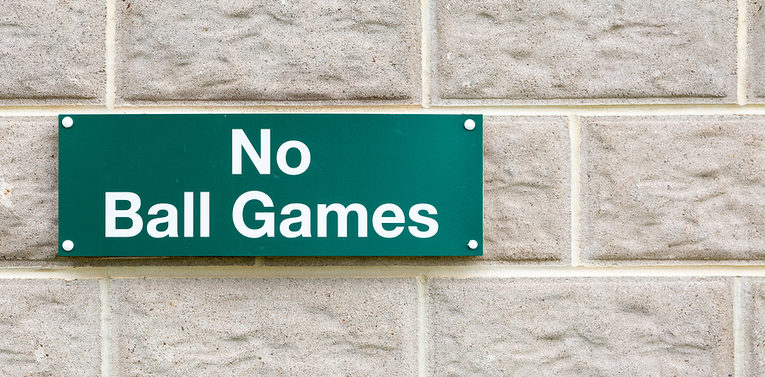 Could we be about to see the end of gambling firms and bookmakers emblazoning their names across football clubs in England and Scotland?
Could we be about to see the end of gambling firms and bookmakers emblazoning their names across football clubs in England and Scotland?
According to a recent parliamentary committee that certainly appears to be a possibility, with bookies said to be ‘considering’ their own voluntary ban on sponsoring the shirts of football clubs and having their logos and marketing messages on pitch side hoardings.
It’s the latest move in a perceived strategy of disconnecting gambling and football from one another, with a whistle-to-whistle ban on betting ads during televised matches already implemented in 2019.
That, according to the chair of The Betting and Gaming Council (BGC), Brigid Simmonds, has reduced the number of gambling adverts on UK television by up to 85%.
However, much of this marketing spend has now moved online – where the same target demographics remain vulnerable, and Simmonds confirmed that the BGC ‘are absolutely open’ to rethinking how they promote themselves there too.
Such visibility is considered harmful to young and vulnerable fans that attend games week in, week out – especially as many football grounds have betting kiosks inside their walls.
A quick headcount reveals that of the 44 teams that ply their trade in the top two divisions of English football, 27 are sponsored by a gambling firm based in the UK or overseas. It would be easy to get alternative sponsorship, of course, but whether these replacement firms are willing to pay as much remains to been.
For decades, football’s governing bodies have relied on betting firms to sponsor their leagues and competitions too, and it will be interesting to see if this is another consideration in the industry’s self-imposed retreat from the beautiful game.
Quizzed on the possibility of a blanket ban on gambling firms in football, Simmonds replied:
“We are certainly looking at the whole issue of sponsorship.
“All the sponsorship that goes with clubs is about putting responsible messages on shirts as well as the name.
“But I would also say, as someone who has worked a lot in sport in the last 50 years, that actually grassroots sports benefit from a lot of the money that is put into sport.”
Should Football Make a Clean Break from Gambling?

A question of morality vs making a few quid: this pervades all walks of life, not just sport.
Some firms in the betting sector have taken it upon themselves to conduct a clean break from football already: GVC Holdings, who count Coral and Ladbrokes among their ranks, have already imposed a ban on advertising in and around the beautiful game.
When that move was announced publicly, the brand’s chief executive Kenny Alexander said that gambling ads in football ‘need to be seriously cut down’.
“Is there too much TV advertising, is there too much sponsorship? I think that is undoubtedly the case and something I feel should be looked at.
“There are probably too many gambling adverts and too much noise about gambling in front of consumers in the UK at the moment.”
How an absence of advertising would affect betting firms remains to be seen, but with revenues topping £1.4 billion annually clearly this is an industry that would survive any blanket ban forthcoming.
Of course, there is always the other side of the coin. Most gambling firms sponsor top flight football clubs because it will undoubtedly increase their turnover, but some firms have different motives.
Bet365, founded in Stoke-on-Trent where it still has a headquarters to this day, pump money into Stoke City FC and local community projects.
As the firm’s joint chief executive, John Coates, confirms:
“Stoke City survives on the money we put into it.”
As ever in this debate, there are lots of different angles to consider with no obvious right or wrong answer.
